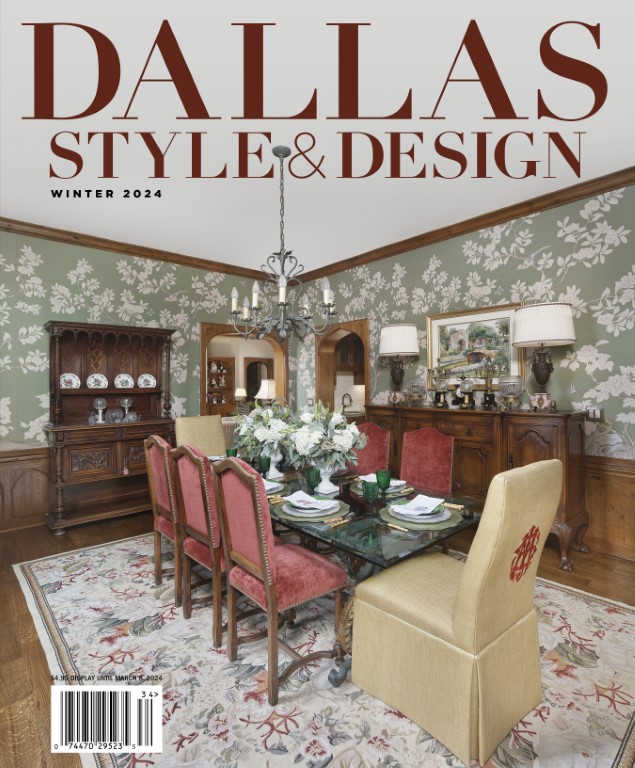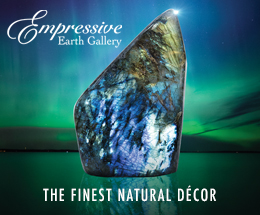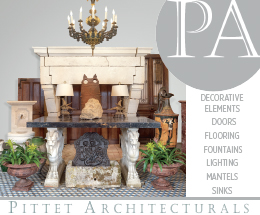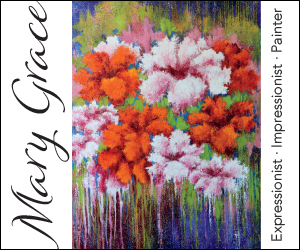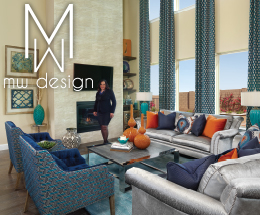Meghan Bartos has spent the last decade traveling the African continent, falling in love with the design, art and culture. She now plans to share that love with Dallas and the world. The company she founded, kanju, will launch a pop-up store in Dallas this September before finalizing plans for a permanent retail location. The store will showcase pieces that have never been seen or sold outside of Africa and cover every aspect of home interior decorating, from lighting, art and décor to pillows and textiles, furniture and more.
“We currently work in over 14 countries across Africa, and counting,” says Bartos. “Each piece is individually handcrafted using unique materials, local to our African artisan partners, in long form processes, many of which have been preserved for centuries but are expressed in surprising new ways.”
These long form processes often require multiple people with various skills to work on a single piece. To make Kuba cloth one person strips and spins raffia palm, another looms a fine base cloth and softens it with a mortar and pestle, then the textile is passed to an embroidery expert. A palpable sense of story unfolds immediately upon encountering a kanju product.
 A gorgeous linen throw pillow features white beads in a flurried spiral, and upon closer inspection, you notice the beads are actually tiny seashells, each curled into its own spiral, mimicking and embodying the overall design.
A gorgeous linen throw pillow features white beads in a flurried spiral, and upon closer inspection, you notice the beads are actually tiny seashells, each curled into its own spiral, mimicking and embodying the overall design.
The materials and production techniques may be unique to kanju products, but the designs are universal and ultra-contemporary. The company works with artists and artisan groups to create new products that bring together different styles and textures to exclusive limited- edition collections. Kanju spans the full spectrum, from designer and collaborative partner to specialty curator, offering a unique and constantly evolving design vocabulary that goes far beyond mere trend.
Bartos fell in love with African art and culture when she first visited the continent while working in a completely different industry. On one trip, a local client offered to take her to a Nigerian arts and crafts market. “Out of the stalls spilled carvings, textiles and paintings, and I was reminded of endless childhood days spent with my beloved grandmother combing Texas markets and trade shows for décor, materials and trinkets for her interior design business,” she remembers. Now, Bartos has turned that passion into a new career.
To share that experience, kanju also offers a luxury art safari—it is a jet-setting journey into the essence of African luxury, art and culture. Designed by industry professionals and luxury insiders, the trip is set up for six friends to spend two weeks traveling through South Africa, Zimbabwe, Botswana and Malawi, visiting destinations steeped in natural wonder, artistic excellence, cultural distinctiveness and sensory indulgence.
Proceeds from safari art sales will be donated to local community projects and groups that support education and art development initiatives. Additionally, safari participants will enjoy a special discount off purchases made on the trip and receive a lifetime membership with kanju’s Heritage Collectors Club.
Such a broad, bold and finely curated body of African contemporary art, interior goods and furniture has never been shared within the United States. From the Yoruba beaded throne artists in Nigeria and foremost mud cloth producers in Mali to Africa’s pioneering contemporary décor and furniture designers in Malawi and Zambia to fine artists in South Africa and Swaziland, kanju’s collections include discerningly selected contemporary artworks and heritage pieces reformatted into one-of-a-kind treasures.
While some companies are beginning to catch wind of the African interiors trend, none offers a collection so comprehensive, so broadly representative of countries, styles, cultures and materials, and so contemporary.
“Our customers are looking for the ‘real thing,’ and they know that real things are deceptively difficult to come by,” Bartos states. “The objects and works of art with which kanju customers surround themselves are gorgeous and unique when seen, but more importantly, they’re objects that are experienced and felt.”

